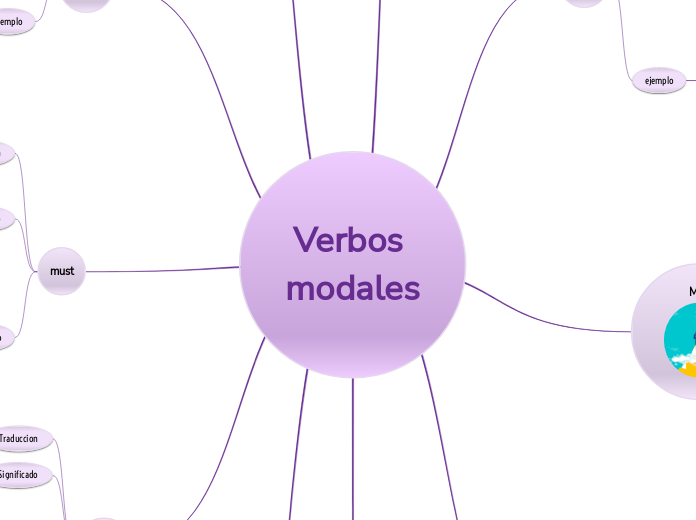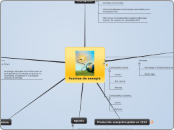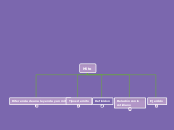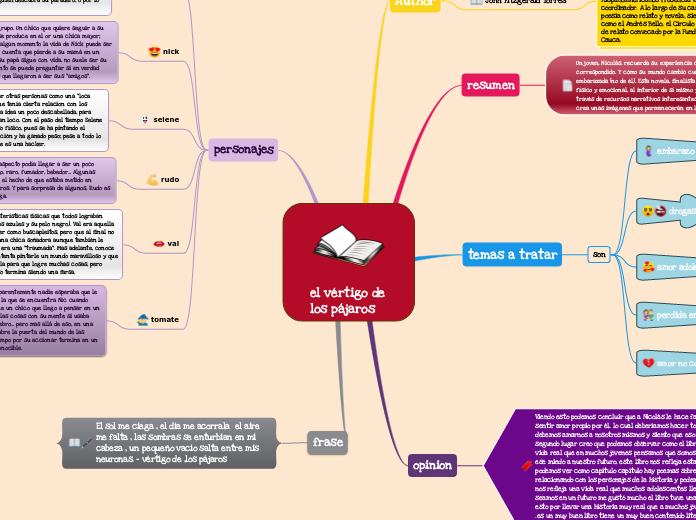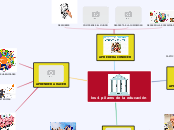Verbos modales
A noun is a word that functions as the name of some specific thing or set of things, such as living creatures, objects, places, actions, qualities, states of existence, or ideas.
shall
Compound nouns are words where two nouns have been stuck together to make a new noun. Compound nouns should be written as one word, without a hyphen.
yo pienso que mi cantante favorito ganara
Would
Generic nouns are nouns that are part of a generic statement. Generic nouns can be singular or plural. The opposite of generic nouns is collective nouns.
The difference between definite/indefinite and generic nouns is that in the sentence there must be a blanket statement or question.
Te gustaria bailar conmigo?
Would you like to dance wint me?
Significado
Preferencia
Terminacio "ria"
must
Proper nouns are the names of specific people or places. They should always begin with a capital letter.
tu debes ver esta película
you must see this movie
probabilidad
Prohibición
obligacion
deber
should
A concrete noun is a noun that can be identified through one of the five senses (taste, touch, sight, hearing, smell).
deber llamar a tu mama
you should call your mother
obligación moral
debería
ought to
Possessive nouns are nouns which possess something, normally another noun.
tu tienes que usar macarilla
you ought to use mask
obligacion absoluta
tener que
will
yo pienso que mi equipo ganara
i think my team will win
hacer predicciones sobre el futuro
indica futuro
might
Countable nouns are nouns that can be counted, even if the number might be extraordinarily high.
Uncountable nouns are nouns that come in a state or quantity which is impossible to count; liquids are uncountable, as are things which act
like liquids.
podria ir al parque
might go to the park
permiso
traduccion
podria
May
Common nouns are words for people, places or things that aren’t specific (as opposed to a proper noun which refers to only one person, place or thing).
Common nouns can be countable or uncountable, singular or plural.
Ejemplo
tu no puedes fumar aqui
You may not smoke here
Peticiones educadas
Prohibiciones formales
Permisos formales
poder
could
A noun which cannot be identified by using one of the five senses (taste, touch, sight, hearing, smell).
Ella podia bailar muy bien cuando era una niña
She could dance very well when she was a child
Sugerencia educada
Peticion formal
Habilidad en pasado
podia
Podria
CAN
Irregular nouns are nouns which don’t follow a spelling pattern when pluralized.
ejemplo
Tina puede correr muy de prisa
Tina can run very fast
significado
Habilidad
Posibilidad
Peticion informal
Traduccion
Poder
